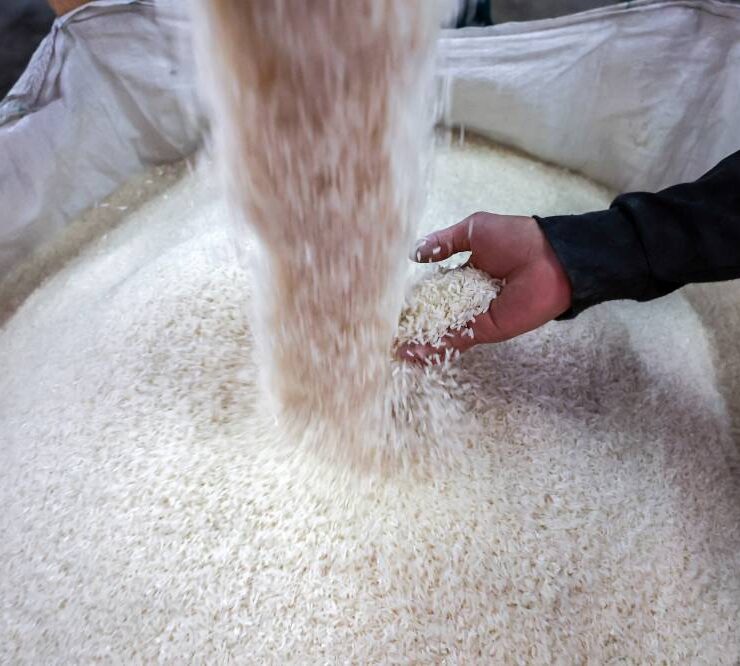Nestle, GIZ commit to help PH coffee farmers increase yield, income

Nestlé Philippines and GIZ, the German state agency for international cooperation, launched a program on Friday aimed at further increasing the income and yield of local coffee farmers to serve growing local demand.
Under the expanded Project Coffee++ that will run until December next year, Nestle and GIZ partnered with the Agricultural Training Institute, the training arm of the Department of Agriculture, to introduce an online certificate course and a crop calendar focused on regenerative agriculture.
The new online course, which would educate 1,500 more smallholder coffee farmers with an average of one to two ha of farmland in Bukidnon and Sultan Kudarat, offers comprehensive educational resources for coffee growers and other stakeholders so they can improve their yield and income.
Nestlé Philippines government and industry affairs executive Donnel Jun Tiedra said the initiative seeks to significantly boost the income of farmers, reaching “beyond the poverty line”.
Through improved planting and production techniques, the goal is to eventually increase the local farmers’ yield to as high as two metric tons a hectare — similar to the output of coffee farms in Vietnam — hopefully by the end of 2025.
“I do not want to jump the gun and commit right away to two [metric] tons because we have yet to get there. Let’s work first one step at a time and then we’ll see how we progress,” Nestlé Philippines head of corporate affairs Joey Uy told reporters during the launch in Makati City.
Data provided by the company showed that the average coffee farm’s yield stood at 900 kilograms per ha as of 2022, soaring by 283 percent from the 235 kg/ha recorded in 2018 — the year when the project began.
The company noted that 86 percent of farmers who are part of the project are now above the poverty line. The income of coffee farmers reached P107,204 per household, surging by 257.3 percent from a meager take home pay of P30,000 per household in 2018.





















